Tag: Ukraine


Ukraine’s Offensive Might Play into Putin’s Hands
August 14, 2024 | Post
Ukrainian troops launched a surprise offensive on Aug. 6, crossing the Russian border into the Kursk region before
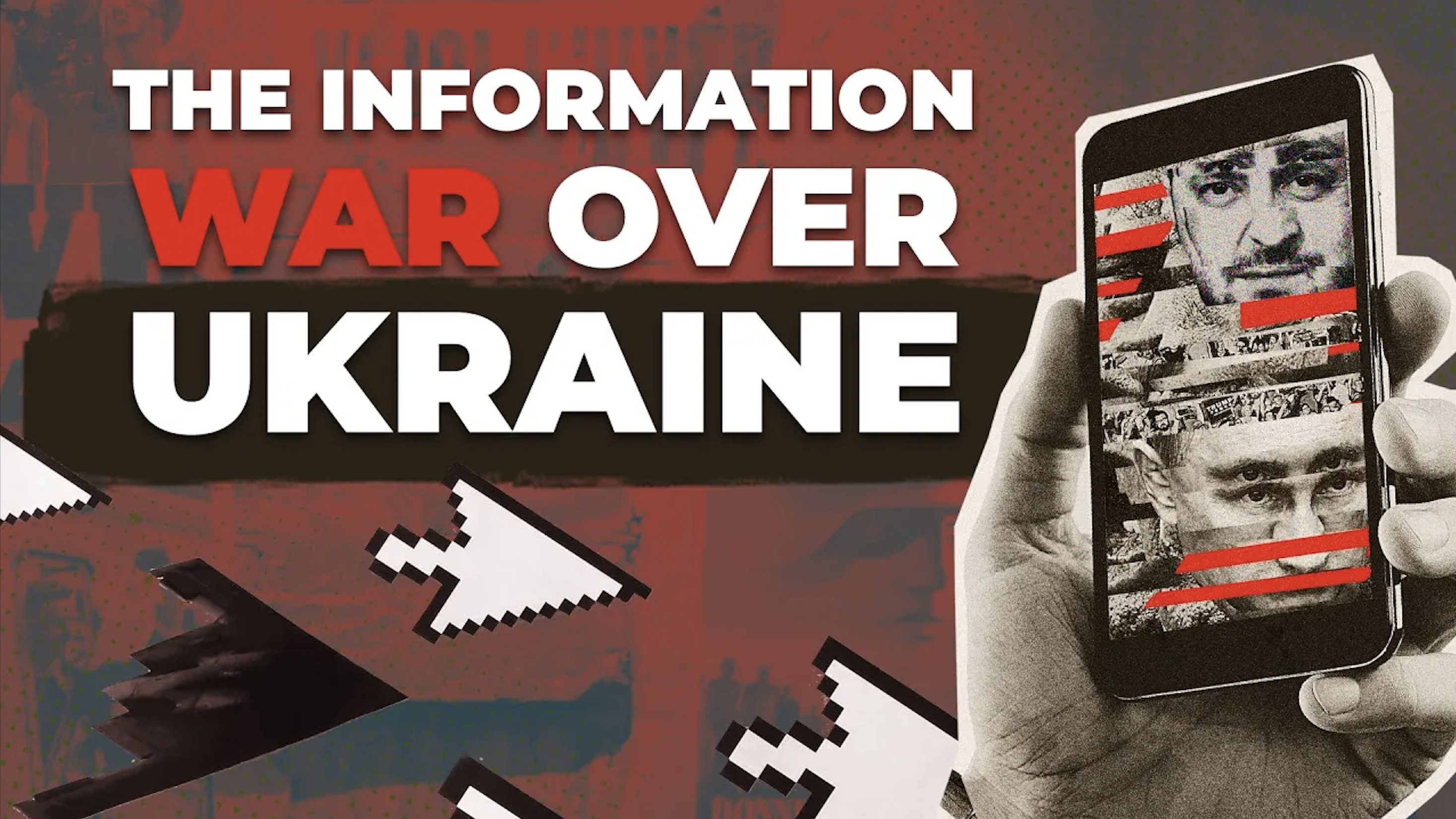
War: Disinformation, Propaganda and the Fight for Truth
May 22, 2024 | Video
No matter how often war is fought, the result is the same: it works out horribly for pretty much everyone involved. So in light of Russia’s invasion of Ukraine, it’s pertinent to ask: how do governments keep convincing people that war is in their best interests? This video seeks to answer that question, but we […]
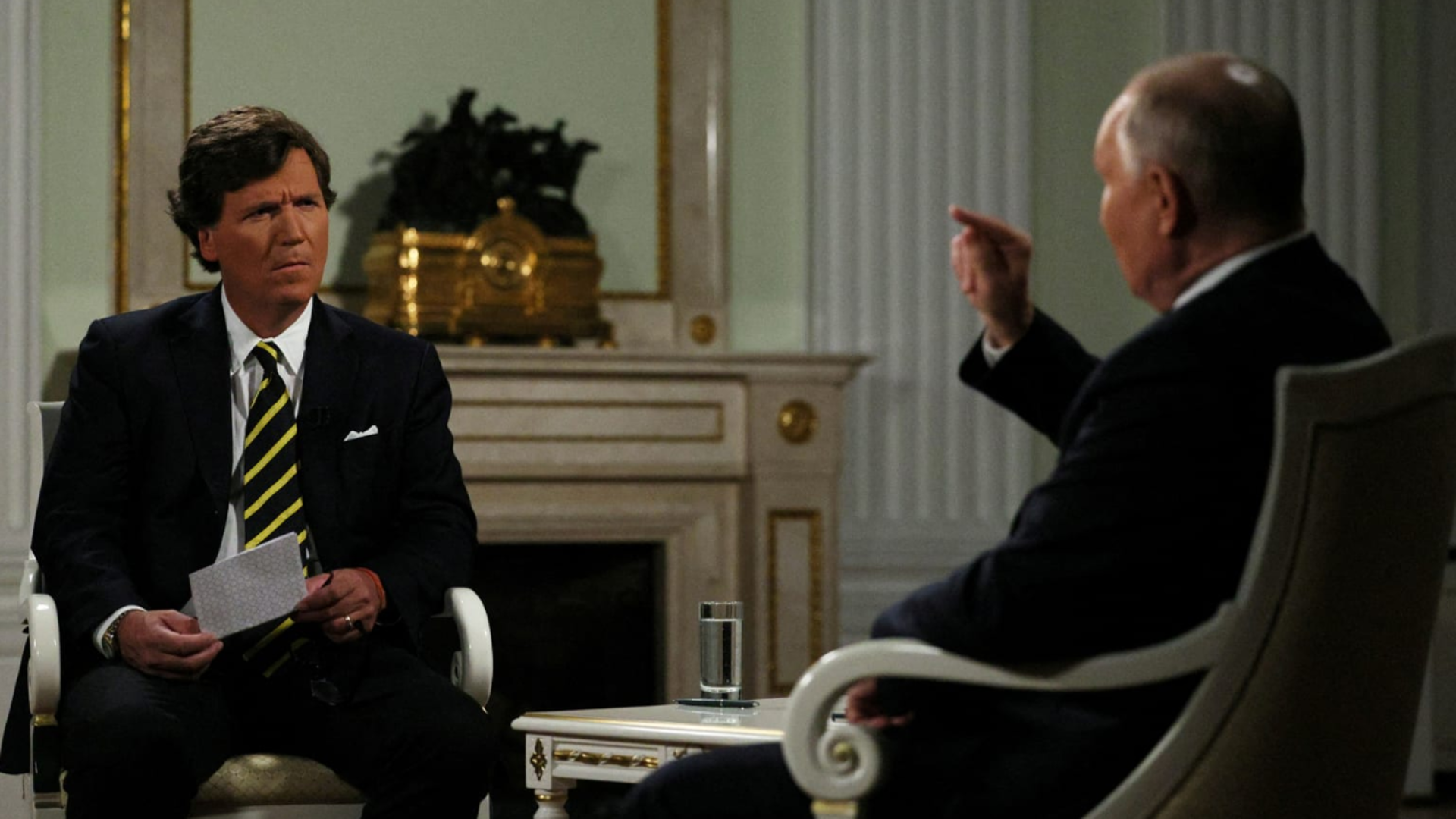
Debunking Putin’s Alternative “History”
February 23, 2024 | Post
Two years on from Putin’s invasion of Ukraine, let’s examine and debunk some of the bogus justifications put forth by the fascist regime in Moscow and Putin’s alternative “history” that he uses in his attempts to delegitimize the Ukrainian nation.
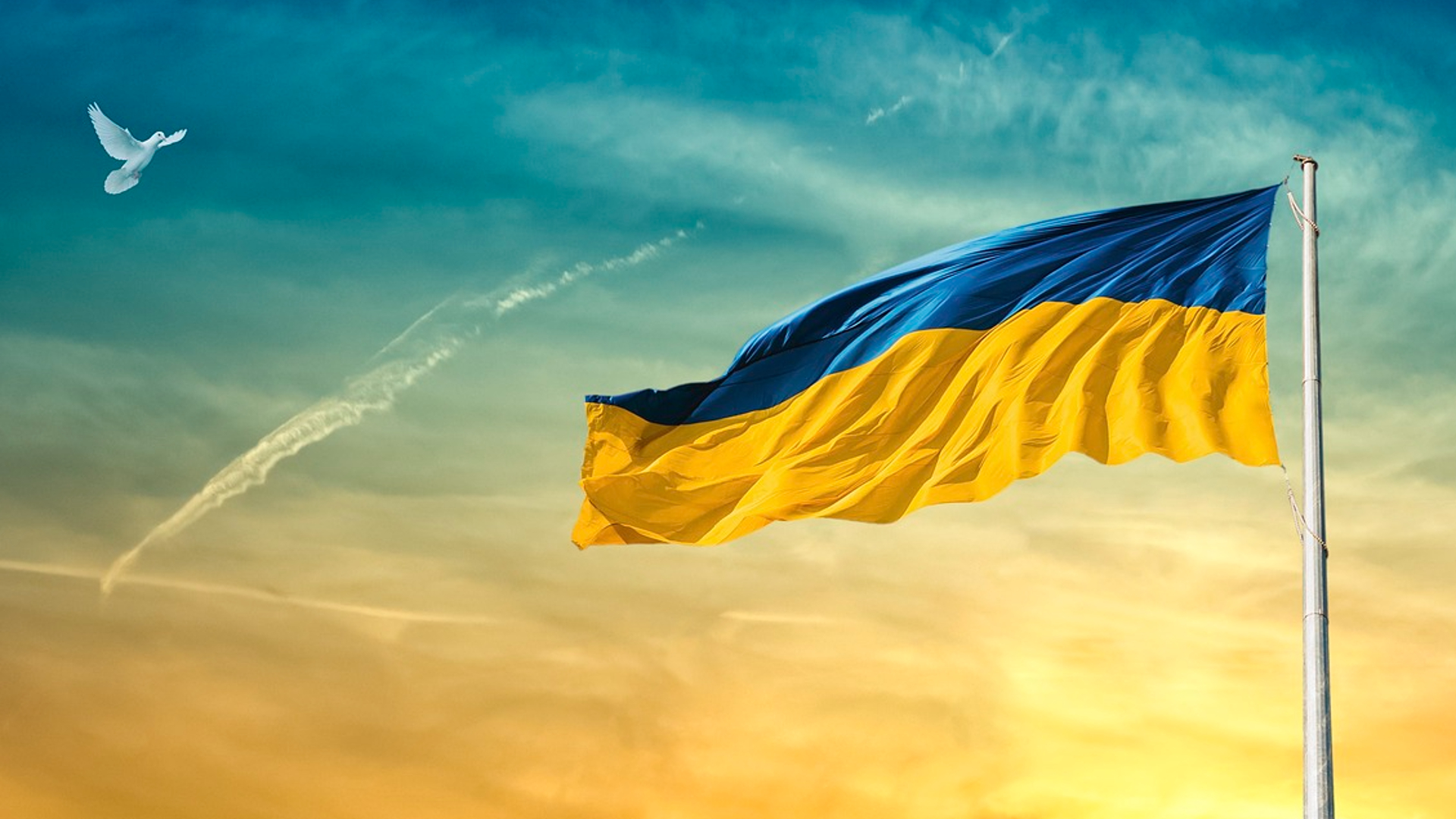
There is only one colonizer in Ukraine, and it isn’t the West
January 16, 2024 | Post
Amid the ongoing war in Ukraine, Vladimir Putin and the Russian state — along with many gullible voices in the West — assert that Ukraine is a victim of Western colonialism and expansionism.
Indeed, Putin’s narrative frames Russia’s invasion as a supposed liberation of Ukraine from nefarious external influences.
However, an examination of history reveals a starkly different truth — one deeply rooted in centuries of Russian colonialism and expansionism.

Uniting for Ukraine: How Ukrainian refugees are filling America’s labor void
August 11, 2023 | Post
In the vast expanse of North Dakota’s oil fields, a quiet yet significant transformation is taking place. Thousands of Ukrainian refugees have found their way to this unlikely destination, contributing to a workforce grappling with severe shortages.
While their presence has brought forth positive change, it’s astounding how this story remains shrouded in relative obscurity.
Let’s look at how the story of North Dakota’s newest arrivals and the success of the Uniting for Ukraine program shows the potential for a simplified and more open immigration process.
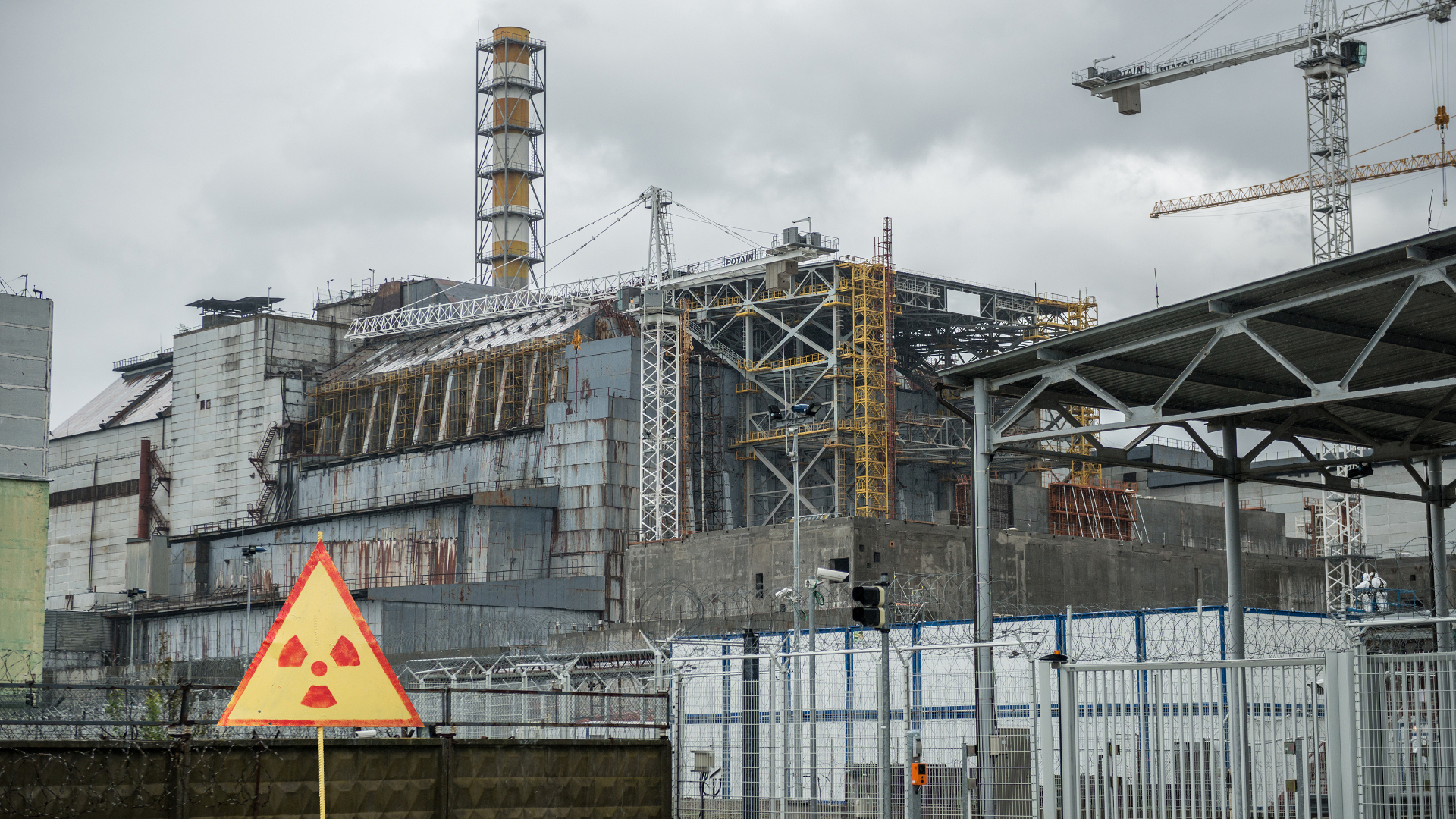
Is Covid China’s Chernobyl?
April 4, 2023 | Post
Just as COVID has changed our lives in many ways since 2020, Chernobyl changed the world in 1986. These were two great disasters emanating from two major communist nations. The results and consequences of both will affect us for a very long time, maybe even forever.
As many will know, Chernobyl was instrumental in accelerating the end of the Soviet Union and is critical to our understanding of this period. However, could COVID be the key to understanding, in the future, perhaps, the end of Communist China?
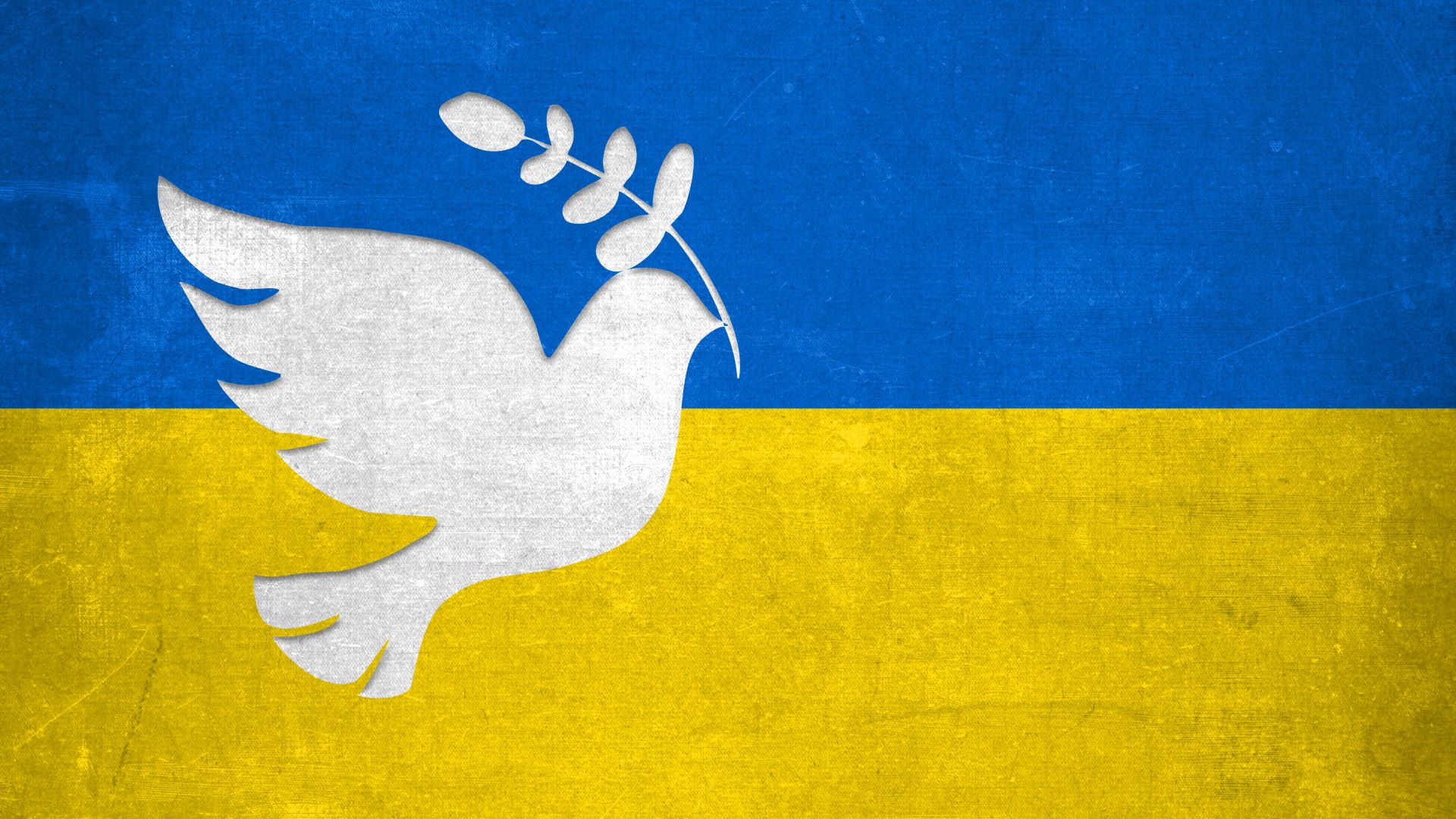
Why libertarians should support Ukraine but oppose American military intervention
August 17, 2022 | Post
A libertarian’s opposition to American military involvement in this war should not be because of edgy nonsense about Russia being provoked, or the historically ignorant idea that Ukraine is only defending itself because it’s taking orders from the West.
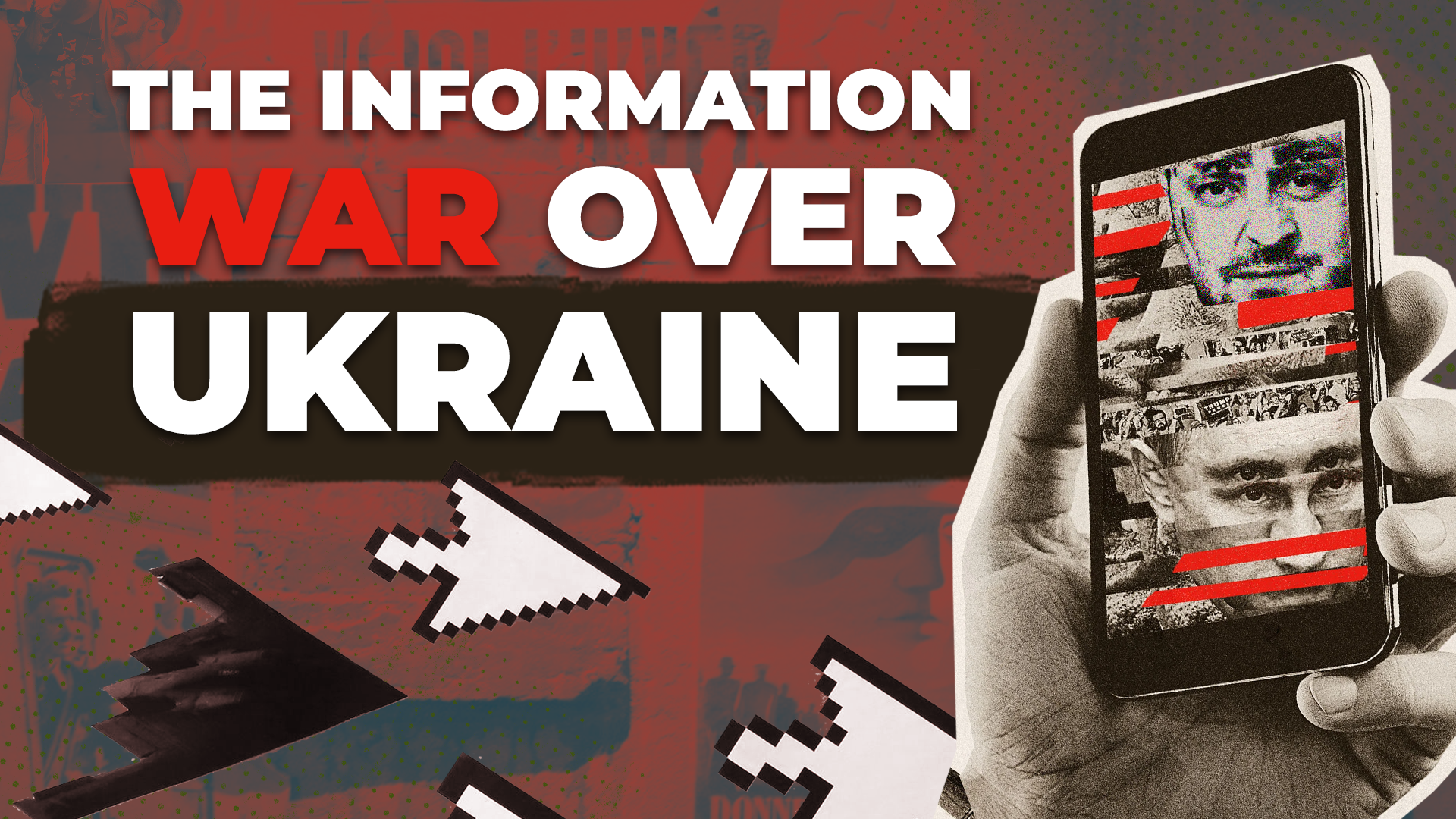
The Information War Over Ukraine
May 3, 2022 | Video
No matter how or how often war is fought, the result is the same: it works out horribly for pretty much everyone involved. So in light of Russia’s invasion of Ukraine, it’s pertinent to ask: how do governments keep convincing people that war is in their best interests? This video seeks to answer that question, […]
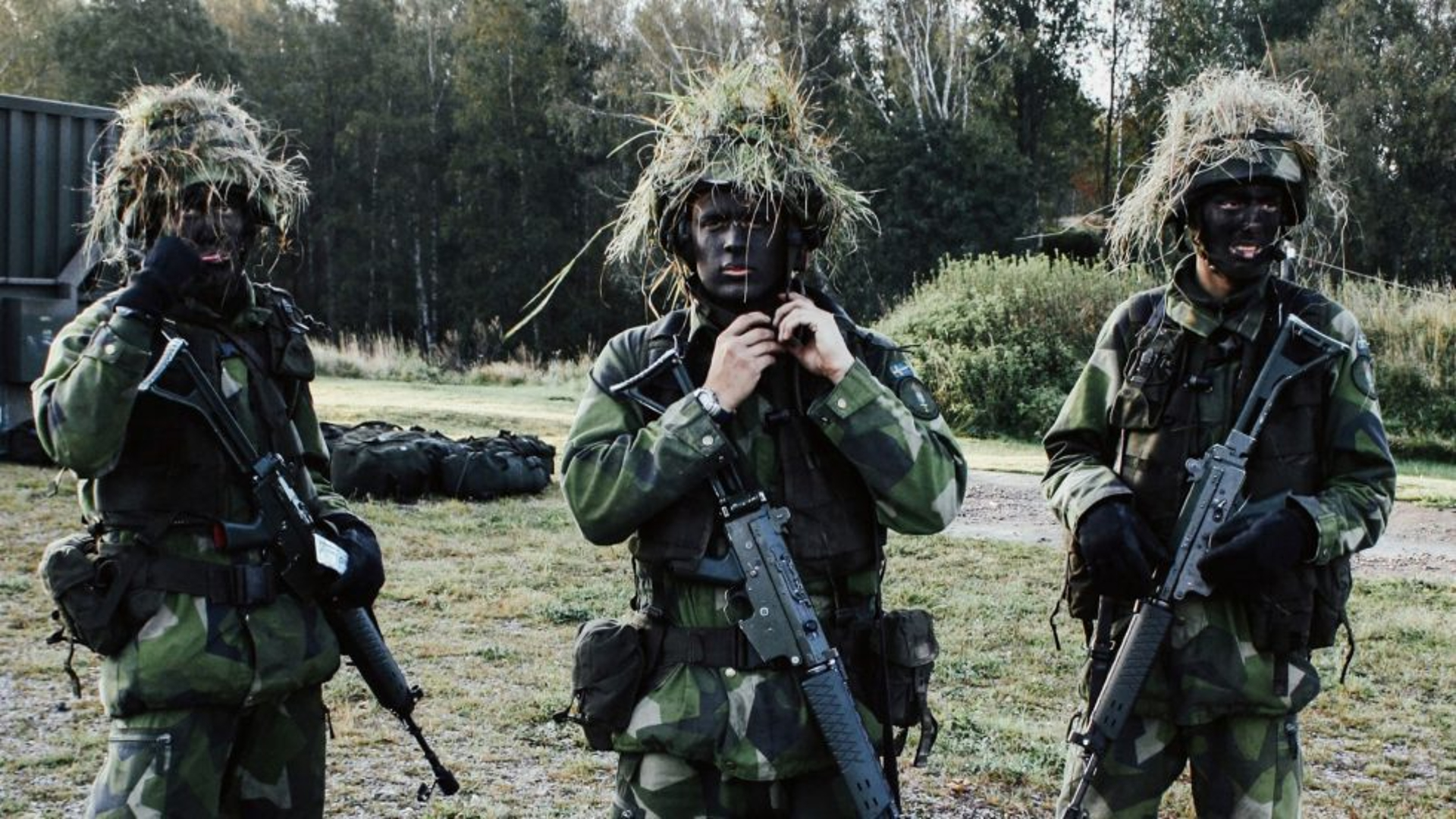
Just war; unjust conscription
March 24, 2022 | Post
Coercing young and middle-aged men to fight implies that certain people’s rights are not absolute, but disposable in service of the “greater good”
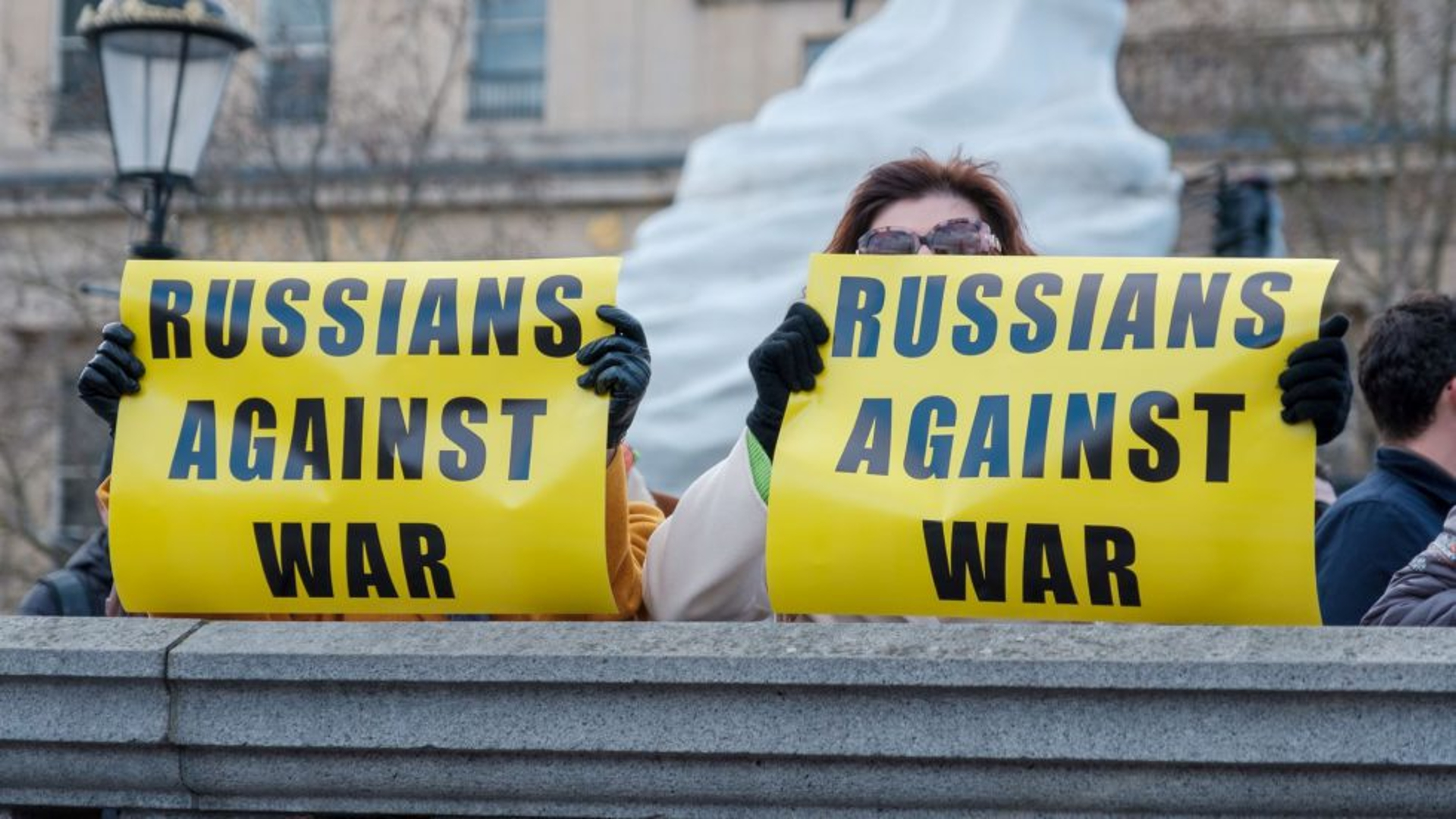
What can Russians do to help Ukraine?
March 16, 2022 | Post
Already oppressed by an authoritarian regime, Russians are now made to fight and die in service to Putin’s brand of tyranny. What are their options?

Ukraine and the struggle for liberty
March 15, 2022 | Post
At present, we are reminded that freedom is not guaranteed. The war in Ukraine is fundamentally a showdown between liberty and tyranny.
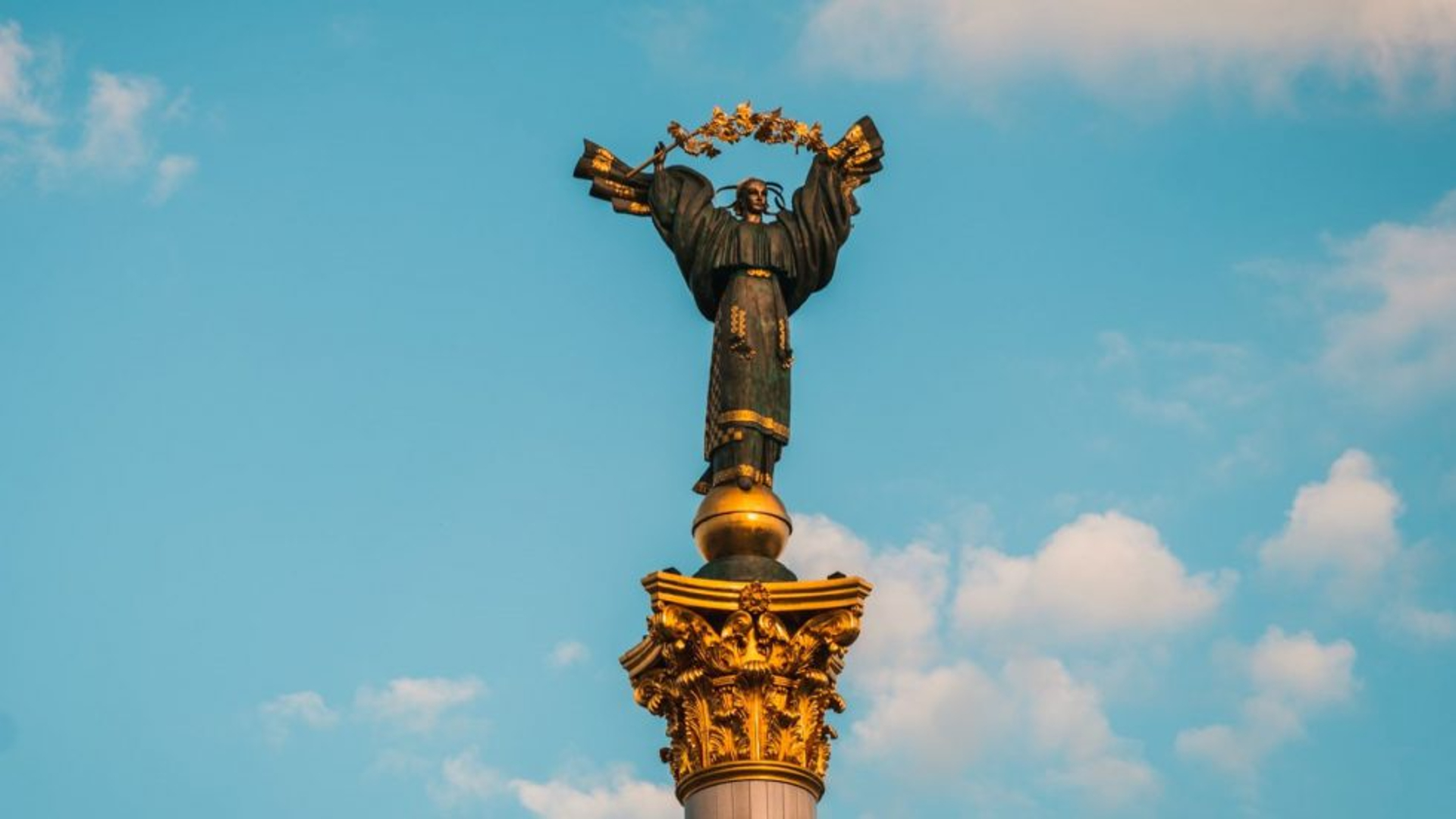
Ukrainians stand defiant in the face of Putin’s aggression
March 4, 2022 | Post
Faced with the full-scale invasion of their country and widespread atrocities, Ukrainians stand defiant against Putin’s aggression.
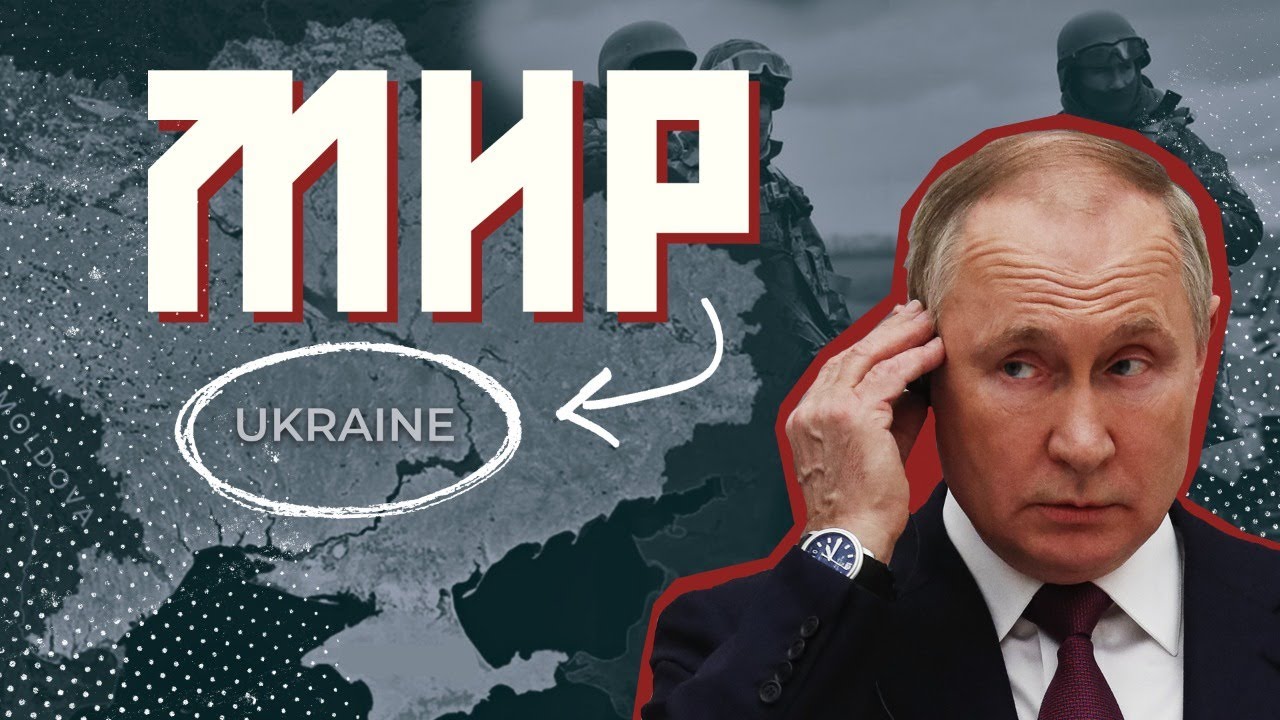
Why are Libertarians against any kind of foreign intervention in Ukraine?
February 17, 2022 | Video
As tensions rise between Ukraine and Russia, it can be easy to fall into the trap of picking sides. But there is no good side of war, and no good justification for it.
War, in all its forms, is wrong. Even so-called “justified” wars have had horrific unintended consequences.
With cameo appearances from Edwin Starr and George Carlin, this video lays out the Libertarian position on war in general, and Ukraine specifically.
We spoke to Students For Liberty alum and CEO of the Ukrainian Institute for Economic Leadership Mykhailo Lavrovskyi about Vladimir Putin, the Revolution of Dignity, and what Ukrainian sovereignty should look like.
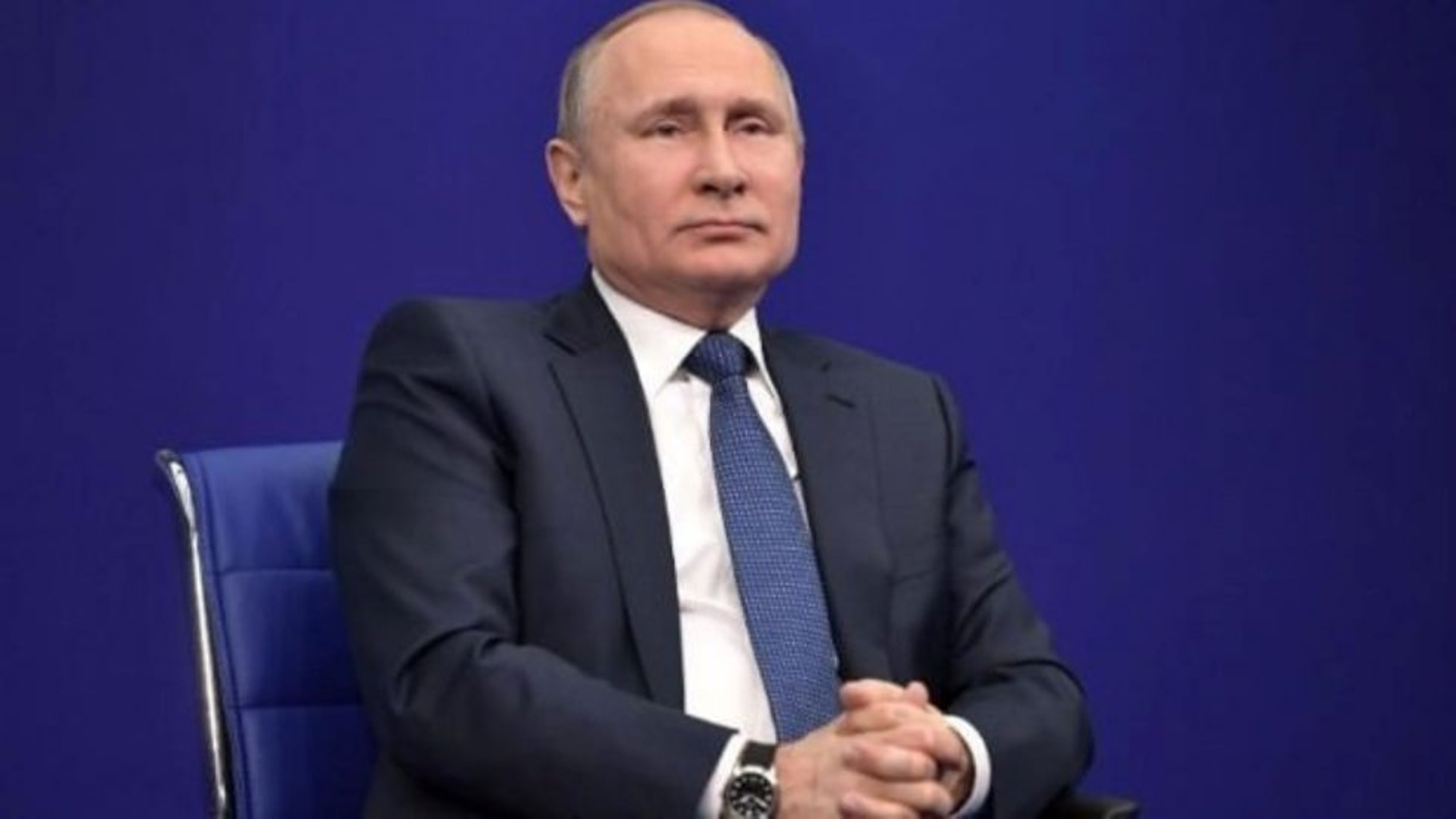
Ukraine’s foreign policy is a matter for Ukrainians, not Putin
February 10, 2022 | Post
As a sovereign and independent nation, Ukraine’s foreign policy is not a matter to be determined by Vladimir Putin, the United States, or the European Union
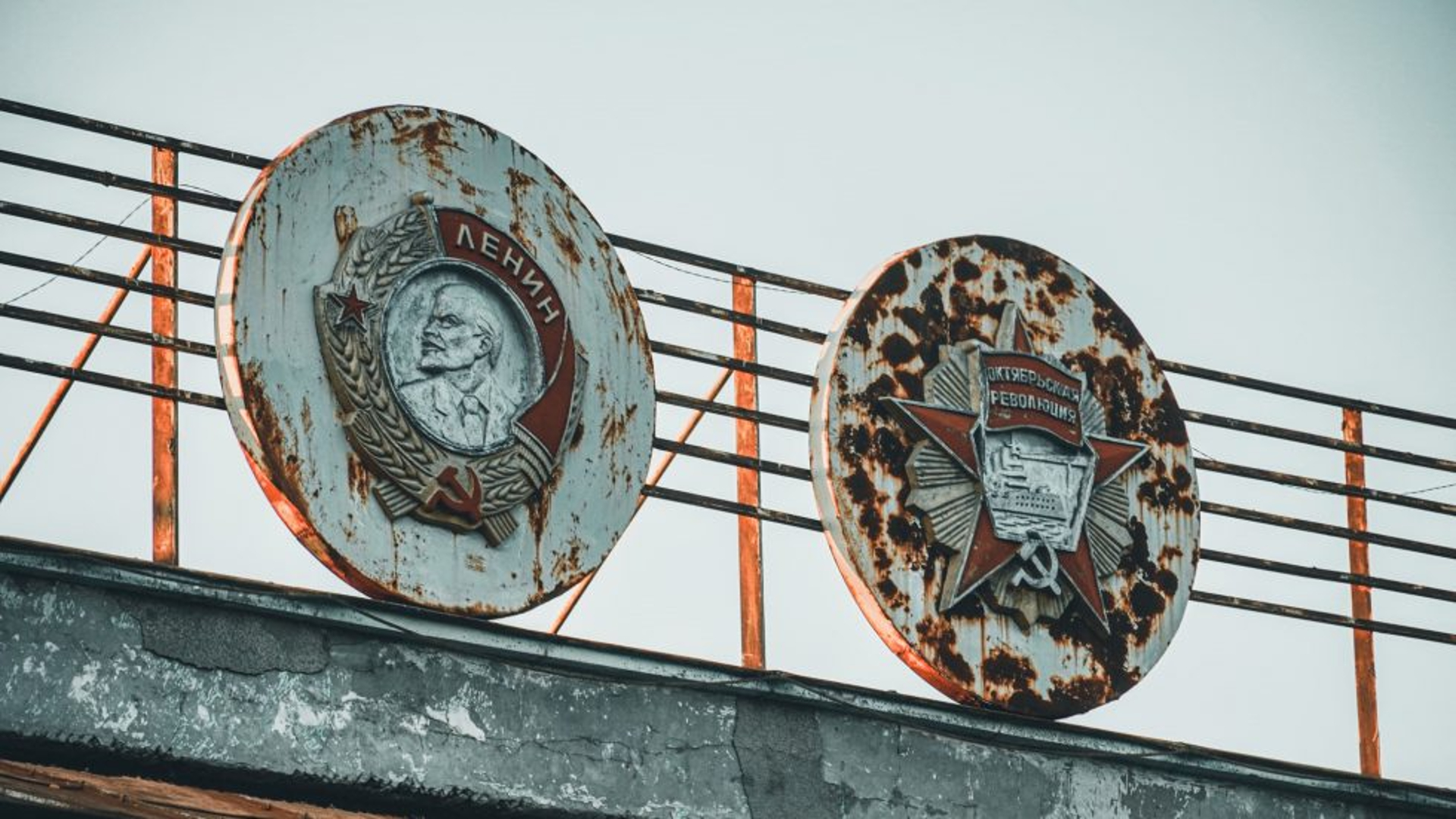
The post-Soviet world, 30 years on
December 28, 2021 | Post
In the 30 years since the collapse of the Soviet Union, the 15 former Soviet republics have followed widely different trajectories.

